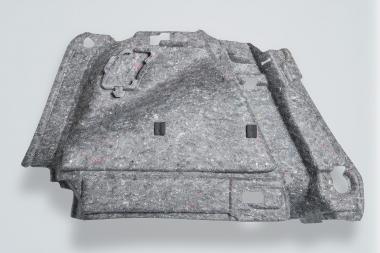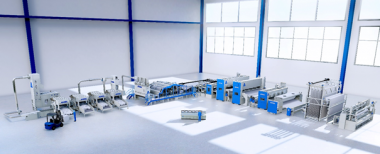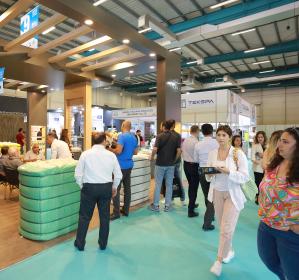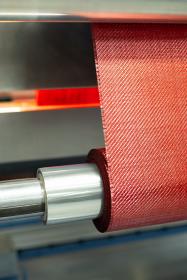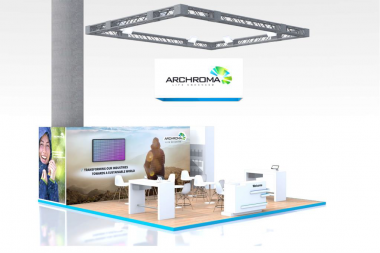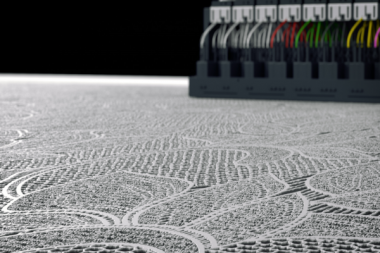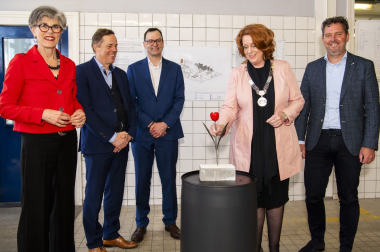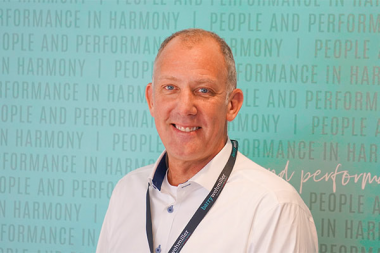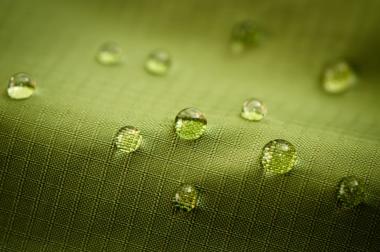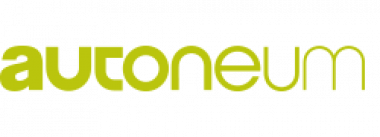Autoneum: Half-Year Results 2024
Autoneum significantly increased its revenue consolidated in Swiss francs by CHF 109.8 million to CHF 1 212.3 million compared to the prior-year period, supported by inorganic growth. In a slightly declining market, the Company succeeded in increasing its EBIT margin excluding special effects by 1.3 percentage points to 5.4%. A solid net result of CHF 36.1 million was generated in the first half-year of 2024. Due to the positive margin development, the Company now expects an EBIT margin of 5.0% to 5.5% for the current financial year (previously 4.5% to 5.5%).
In the first half of 2024, automotive industry production volumes were somewhat restrained world-wide and even declined slightly in Europe. While economic conditions in the automotive supply industry have improved to a certain extent since the coronavirus crisis, high vehicle prices in some markets were putting a damper on demand. Only North America and Asia recorded slight growth compared to the same period of the previous year.
Despite the flat market development, Autoneum managed to significantly increase both revenue and profitability before special effects over the prior-year period. This positive development was achieved through the automotive business of traditional German company Borgers, which had been acquired as of April 1, 2023, and thus contributed for the first time to the entire reporting period. At the same time, Autoneum achieved operational improvements worldwide.
Outlook
The current S&P market forecasts assume that global automobile production will decline by 2.0%* in 2024 compared with 2023. Based on the forecast market development and further operational improvements, Autoneum continues to expect total revenue in 2024 of CHF 2.3 billion to 2.5 billion and free cash flow in the high upper double-digit million range. Due to the positive margin develop-ment, the company now expects an EBIT margin of 5.0% to 5.5% (previously 4.5% to 5.5%).
* Source: S&P Global Light Vehicle Production Forecast of July 17, 2024.
Autoneum Management AG








